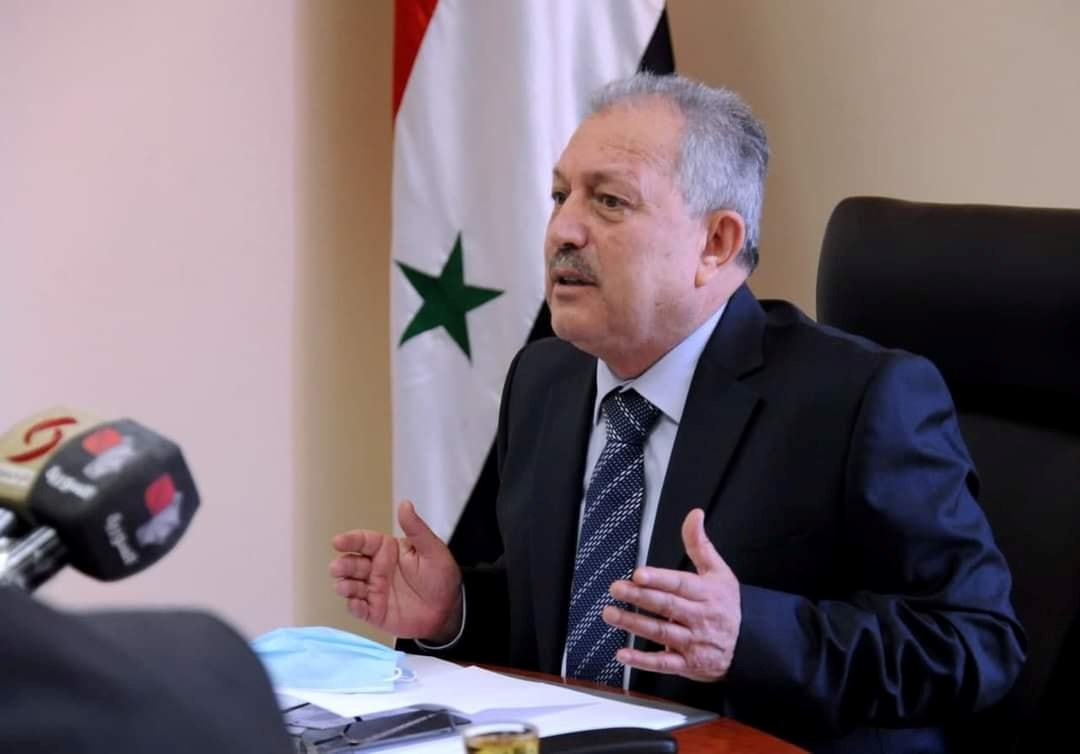QAMISHIL, Syria (North Press) – The Syrian Prime Minister Hussein Arnous admitted yesterday the products from oil derivatives and electricity have declined in the areas controlled by the Syrian government.
On Tuesday, al-Watan, a newspaper close to the Syrian government, quoted Arnous as saying “The retreat is the outcome of war but not government negligence”.
“The second half of 2022 will see a détente in the power sector. The electricity sector improvements will have a positive impact on other sectors as well,” Arnous added.
People in government-held areas find it too difficult to get bread and diesel. Power is cut off for 20 hours a day in some areas while other areas have no electricity at all in 24 hours.
Concerning the government subsidization, Arnous pointed out that subsidization is a permanent approach by the Syrian government based on instructions by the Syrian president Bashar al-Assad, and the government shall never do without it.
“All we are working on currently is to direct subsidization mechanisms to those who really deserve it. Subsidization mechanisms will eliminate the rich; those whose jobs allow them to lead a comfortable living,” he added.
This means that 333,000 out of 4 million “ration cards” which were distributed on the Syrian people will be pulled back.
Syria has been facing the most increase of prices since a half century amid acute depreciation of the Syrian currency against the USD and retreat of the purchasing capacity of the Syrian people.
The Syrian pound (SYP) has lost up to 90% of its value against the USD in the last ten years.
Nowadays, one single USD equals 3,500 SYP. In 2010, one single USD was equivalent to 50 SYP.
Syrian citizens receive the worse monthly salaries, which they are not sufficient for two meals, according to the people living in the capital Damascus.
“Inflation should not affect the increase of salaries and absorb the hikes in salaries. There is a wave of inflation of food stuff and transport worldwide,” Arnous added.
“That does not mean to work without the rule of law. Markets should be policed, prices should be monitored and the culture of complaints should be promoted so that no one can infringe on the rights of the citizens,” he stressed.
All directorates were instructed to take into force rule number 8 for the protection of the consumers specially that there is a segment that exploits conditions of the employees and the hikes in salaries, he concluded.

